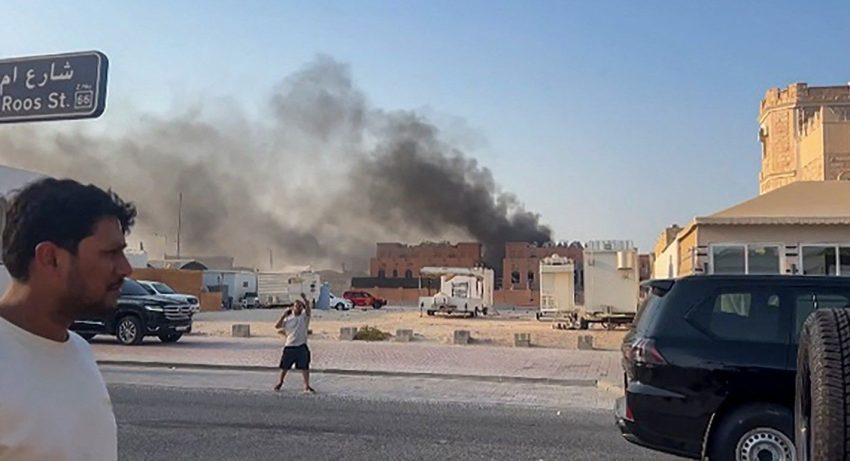The Middle East has entered a new phase of volatility after Israel launched airstrikes on Doha, Qatar, in an operation targeting Hamas negotiators reportedly engaged in U.S.-brokered ceasefire talks. The attack, which killed several individuals but missed its intended top leaders, has triggered widespread condemnation and raised fears of regional destabilization.
Qatar, long a mediator in Palestinian-Israeli negotiations, described the strike as an act of “state terror” and vowed to pursue accountability through diplomatic and legal channels. The incident has cast doubt on the fragile ceasefire framework being shaped by Washington and intensified concerns over the safety of mediators and neutral parties in future peace efforts.
At the same time, Israel faces mounting international scrutiny after independent United Nations investigators formally accused it of committing genocide in Gaza. The report, issued by a UN human rights inquiry, cited evidence of mass civilian casualties, forced displacement, and what it described as the “systematic targeting of essential life-sustaining infrastructure.”
Israel has rejected the findings, calling them biased and politically motivated. Officials in Jerusalem argue that the military campaign is aimed solely at dismantling Hamas’ operational capabilities, not civilians. Prime Minister Benjamin Netanyahu insisted that Israel “will not be lectured by international bodies that turn a blind eye to terrorism.”
The accusations and the Doha strike have significantly raised the stakes for the international community. Analysts warn that Israel’s decision to extend its operations beyond Gaza into Qatar, a Gulf monarchy with close ties to Western allies, could fracture diplomatic relations and complicate security arrangements in the Gulf.
U.S. officials have expressed concern that the attack undermines their mediation efforts. While Washington has not publicly condemned Israel, senior diplomats acknowledged that the incident risks “jeopardizing channels of dialogue essential to regional stability.”
For Qatar, the strike is not only a national security breach but also a symbolic violation of its role as a trusted mediator. The country has hinted at reassessing its position in ongoing talks, a move that could derail ceasefire prospects altogether.
As the Gaza humanitarian crisis deepens—marked by mass evacuations ordered by Israel, shortages of food and medicine, and growing displacement—the diplomatic fallout from Doha threatens to open a new front in an already explosive conflict.
The coming weeks will test whether regional powers and international institutions can contain the spiral. If mediation collapses, experts caution, the war risks expanding beyond Gaza, pulling in new actors and threatening the delicate fabric of Gulf security.




